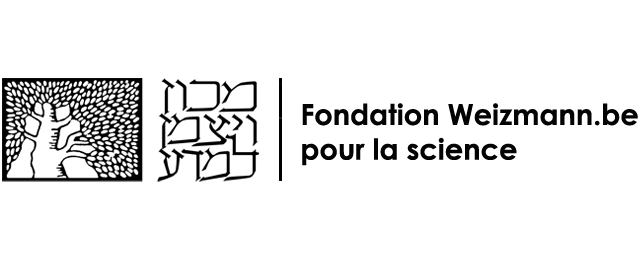 Introduction
Introduction
The Dr. Bessie F. Lawrence International Summer Science Institute (ISSI) is a scientific summer camp for extraordinarily motivated and talented high school students finishing their academics, with the aim of both achieving an opportunity to perform their own research and gain an understanding of the profession of a scientist. Students from all over the world are given the chance to spend four weeks with other scientific-minded peers at the renowned Weizmann Institute of Science in Rehovot, Israel. There they can work in small groups, under the guidance of some of the institutes’ top researchers. Students will research some of the most cutting-edge topics in all sorts of fields, from biology and chemistry to physics and math.
In addition to research, students will hear lectures in every subject from eminent researchers, engage in group games and sporting events, and have opportunities to be creative individually.
Furthermore, ISSI sponsors trips to various cities on the weekends, and during the last week of the program everyone will take part in camping in the desert. These events, along with every evening, are filled with the unique social atmosphere where students get to know each other, have intense conversations, make contacts and build international friendships.
Given its position as a scientific language, English is chiefly used for communication among the participants.
From a camp to a solid institution
The International Summer Science Institute has invited students every year since 1969, making it an established part of the Young@Science deparment for both youth work and support ot the Weizmann Institute. Currently, there are around 70 students from 15 countries participating by being chosen intheir country’s selection process, or by winning in competitions like the German Biology Olympiad.
In the first few years, participants lived in tents on the institute’s campus; today, however, there is theLaub International Science Youth Village, a bungalow settlement with a community and a computer room, placed at the edge of the institute area and surrounded by cultivated parks.
The Youth Village is “home” during the program: four students share a comfortable bungalow with shower and WC, dine together in a building not far from the Youth Village and meet after the project and lecture time in the evenings. Beside project research, students can engage in activities such as star gazing and Israeli culture nights, which take place in close proximity to the Youth Village. Moreover, Weizmann’s sports center featuring several swimming pools, soccer fields and tennis courts is not far.
During the weekend trips, and the final week’s desert excursion, participants will live in youth hostels.
Sequence of Events, and A Typical Day at the Institute
The program lasts four weeks; during the first three, students work on their research in the lab. On weekends, along with most time of the fourth week, participants go on longer trips to Jerusalem, Caesarea, the Golan Heights, Eilat at the Red Sea and Ein Gedi at the Dead Sea. See the next articles and the overview for more information.
A typical day at the Weizmann Institute goes like this: After a 7 o’clock wake-up there is a
breakfast buffet; at 8.30 the groups start their work in the different labs spread all over campus.
After a break at 12.30 for lunch there is a second working unit. Then the participants meet at 19.00 during dinner or before, at 17.00, if there is a lecture. After dinner, students can spend their free time by joining in some of the program’s activities. Participants are allowed to leave the campus in groups of at least three, but after 23.30 everybody should be in the Youth Village for night’s rest.
Behind the scenes
The program is supervised and organized at all times by a group of voluntary but carefully chosen students and employees of the institute, counsellors who interact with the students and also take part in the excursions.
The scientific projects are guided by mentors; each of the disciplines Biology, Chemistry, Physics and Mathematics is supervised by an additional coordinator.
